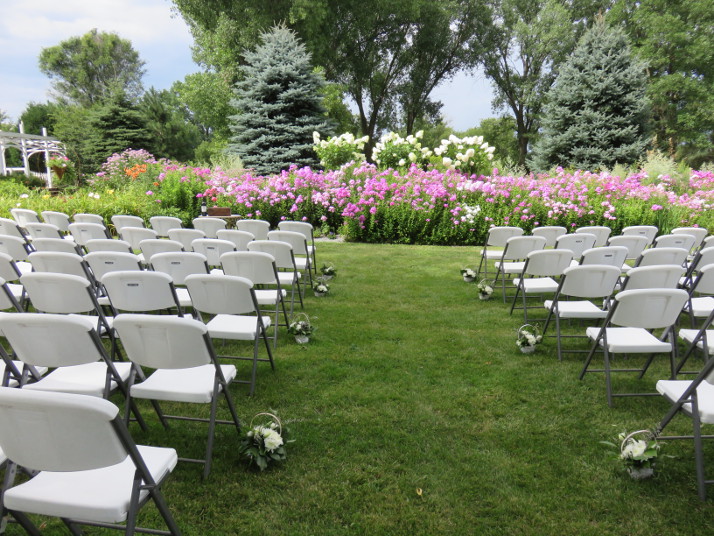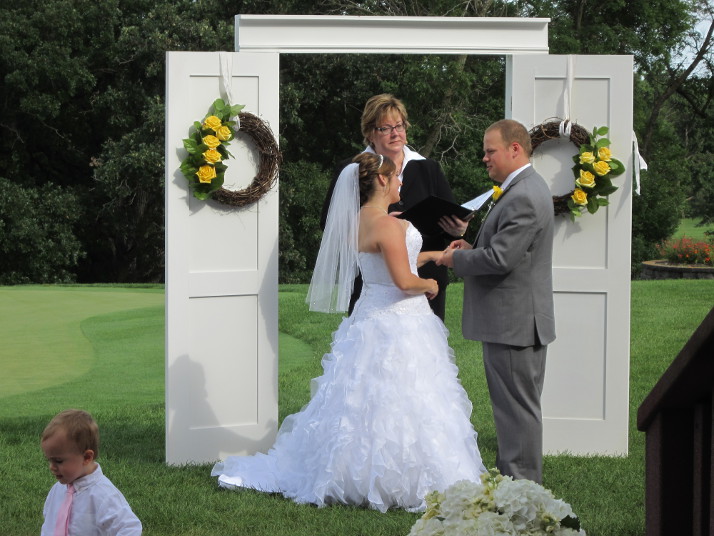Use Music to Set the Mood
Use music to set the mood for your wedding ceremony and wedding day. Taking time to select music that has meaning for you is another way to personalize your wedding ceremony. Yes, your music provider – DJ or live musicians – can provide generic prelude music before your ceremony begins, and can tell you what the most popular choices are for music during the ceremony, too, but why choose those for your once in a lifetime (hopefully) wedding ceremony.
Rather than using the same music other couples are selecting, take a little time to choose cuts that are meaningful to you. Maybe you remember the first song you danced to. Or there’s a song with lyrics that really describe your feelings for each other. Or there’s a certain style of music that gets your toes tapping. Those are the pieces you want to hear on your wedding day.
I worked with one couple who were big K-pop (Korean pop music) fans. Their first trip together was to Canada to see their favorite group perform. So they chose to exit their wedding ceremony to a wonderful upbeat K-pop song. Another couple were big country music fans and found lovely ballads for the processional, and a boot stomping selection for the recessional.
Whether your preference is for traditional, classic music, big band, pop, country or even metal, use music to set the mood for your wedding ceremony. It will make the experience more personal, more memorable, and more authentically you.


